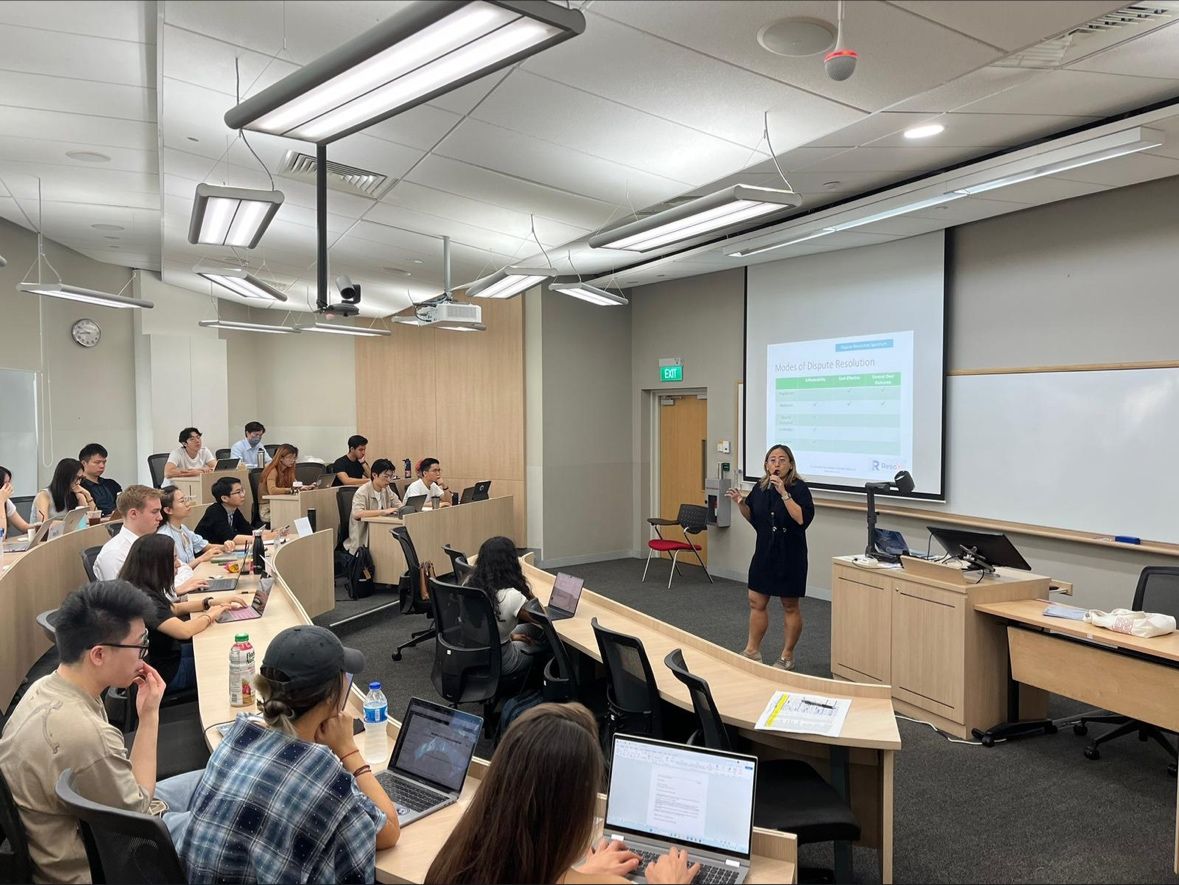
How Do We Choose A Mediator Then?
A student asked while I guest lectured a group of NUS Business School MSc. Management students. We had earlier discussed differences between facilitative and evaluation mediation, and the role lawyers play in mediation. Many took a keen interest in a mediator’s ability to remain neutral and impartial.
Ultimately, I reminded these students that businesses need to be judicious in their choice of mediators and legal representation by having a clear analysis of whether “the problem” is truly the problem, or if “the people” are really the problem.
If the dispute is mostly substantive in nature, and disputants do require an external opinion, expert mediators may be considered to conduct reality checks and offer evaluations if and when necessary.
If however, both disputants and legal counsels are subject matter experts and still have difficulty reaching a consensus through negotiation, I will be more cautious by appointing a mediator skilled in managing emotions, facilitating communication and nurturing relationships.
Regardless of the mediator’s style, party consensus and autonomy is paramount. Mediators add value by forging solutions while preserving multiple perspectives of the truth. It is never becoming of a professional mediator to assert his or her personal opinions on the parties, especially if unsolicited.
我们如何选择调解员呢?
在我为新加坡国立大学商学院管理硕士学生进行客座讲座时,有位学生提出了这个问题。在讲座中,我们已经讨论了促成式调解和评估调解之间的区别,以及律师在调解中扮演的角色。许多学生对调解员保持中立和公正的能力表现出浓厚的兴趣。
最终,我提醒这些学生,企业在选择调解员和法律代表时需要谨慎,通过清晰分析所面对的“问题”是否真的是问题,或者“当事人”是真正的问题。
如果争端主要是实质性的,并且当事人确实需要外部意见,可以考虑请专业调解员进行现实检查,并在必要时提供评估。
然而,如果争端当事人和法律顾问都是专业领域的专家,但仍然难以通过谈判达成共识,我会更加谨慎地任命一位擅长处理情绪、促进沟通和培养关系的调解员。
无论调解员的风格如何,当事方的一致和自治是至关重要的。调解员通过制定解决方案并保留多重真相视角,为解决问题增添了价值。重点是,调解员在任何时候都不应该向当事人表达个人意见或看法。这种做法是非常不专业的。
